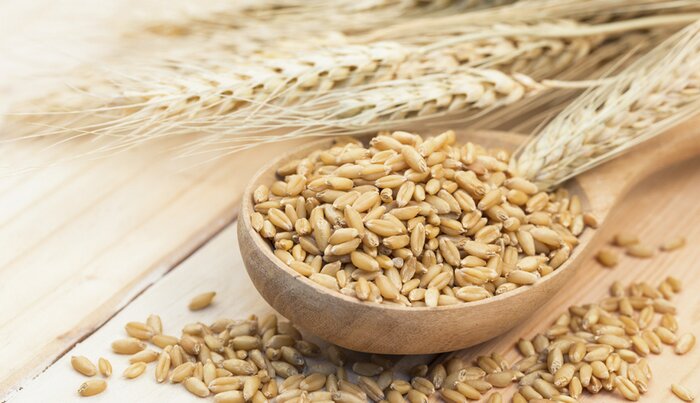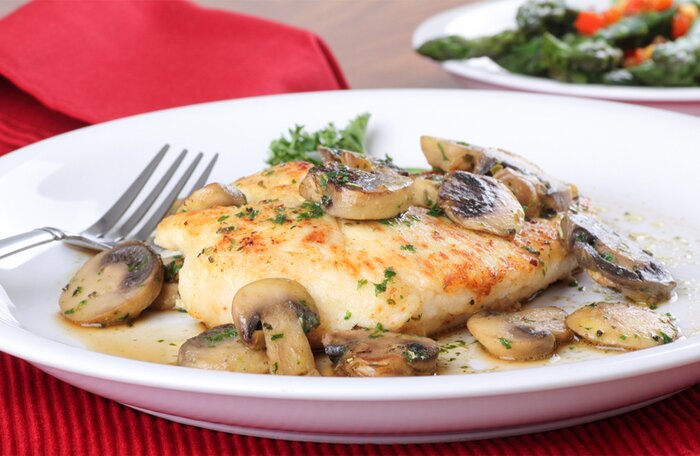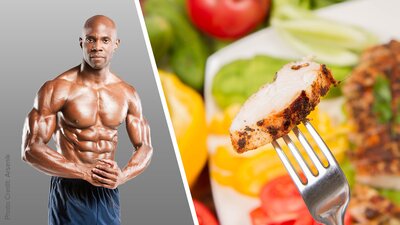Q: Whole30® is the hot new diet everyone's talking about. Will I lose weight on the Whole30, and how much weight will I lose?
The short answers are, a) you likely would lose weight if you followed this diet strictly, and b) I can't tell you exactly how much weight you would lose on this plan without knowing a lot of details about you. And even then, it would be speculation on my part.
But there's more to the story, and it's worth a deeper dive.
The Whole30® diet is one of the most popular weight-loss plans in the fitness industry, but is it really a diet? Or is it more of a short-term restrictive reset commitment plan? Whole30® doesn't focus on calorie counting. It's more about restricting your food choices, specifying food groups that you can and cannot eat.
The food groups that it classifies as potentially harmful are sugars, grains, dairy, and legumes. Those foods are purported by the creators of the diet to cause inflammatory issues and imbalanced hormones, as well as being psychologically unhealthful. Whole30® claims that if you cut out the four food groups for 30 days, it will eliminate those underlying health issues—like magic!
It sounds amazing, doesn't it? Unfortunately, there is no validated scientific evidence to back these theories. The Whole30® theory is that if you do a 30-day reset, it will enable you to eventually find a more suitable permanent diet.
Foods to Avoid on Whole30®
Sugars and artificial sugars, including:
- Sugar
- Honey
- Stevia
- Maple syrup
- Artificial sweeteners such as Equal, NutraSweet, and Splenda
- Coconut sugar
Dairy foods, including:
- Cheese
- Milk
- Cream
- Yogurt
- Ice cream
Grains, including:
- Wheat
- Oats
- Rice
- Corn
- Barley
- Rye
- Quinoa
- Millet
- Buckwheat

Beans and other legumes, including:
- Kidney beans
- Black beans
- Pinto Beans
- Peas
- Peanuts
- Chickpeas
- Lima beans
- White beans
- Soy oil
- Tofu
- Tempeh
- Soy protein
- Soy sauce
Also forbidden are all junk foods, including:
- Alcohol
- Chips
- Cookies
- Candy
Here's What You Eat on the Whole30® Diet
- Moderate-to-low quantities of vegetables
- Moderate-to-low quantities of meat, seafood, and eggs
- Healthy natural fats
- Coffee and tea

Exceptions to the Whole30® Diet Rules
- The only legumes you can have are green peas, snow peas, and sugar snap peas.
- You can use iodized salt, herbs, spices, and seasonings.
- All forms of vinegar except malt vinegar are permitted.
- You can have fruit juice even though it contains sugar.
Should You Try the Whole30® Diet?
Whole30® is not for everybody. It is very restrictive, and not everybody can commit to a 30-day super-restrictive program where you can't have a cheat meal, you can't have alcohol, and you can't have grains, legumes, or dairy. Plus, if you slip up on anything, you have to start all over again. How horrible is that? It's like a 30-day test that if I fail, I will have to keep taking from the beginning until I pass it.
Consider that by eliminating grains and sugars, you are eliminating a good portion of your daily carbohydrates. So, your diet on Whole30® will be very low on carbs. Your caloric intake will be fairly low, as well, and there is no doubt that you will lose weight, but you are leaving out important major food groups.
This diet is not sustainable from a long-term perspective, and I don't think it is sustainable for someone who is highly active and works out regularly. The calorie and carb intake will be low. It will not give you enough energy to get through a daily rigorous workout effectively.
Final Analysis on Whole30®
Some people will lose weight on this type of diet, but it is very restrictive because it eliminates important food groups, cheat meals, and your ability to indulge from time to time. Research has found that people who follow super-restrictive diets typically fail because it's not sustainable over the long term. If you are looking for a long-term weight-loss or weight-management solution, you should focus on a balanced nutritional approach to eating.
Transform your body online with Obi Obadike's Perfect Anatomy Online Coaching/Training Program.

